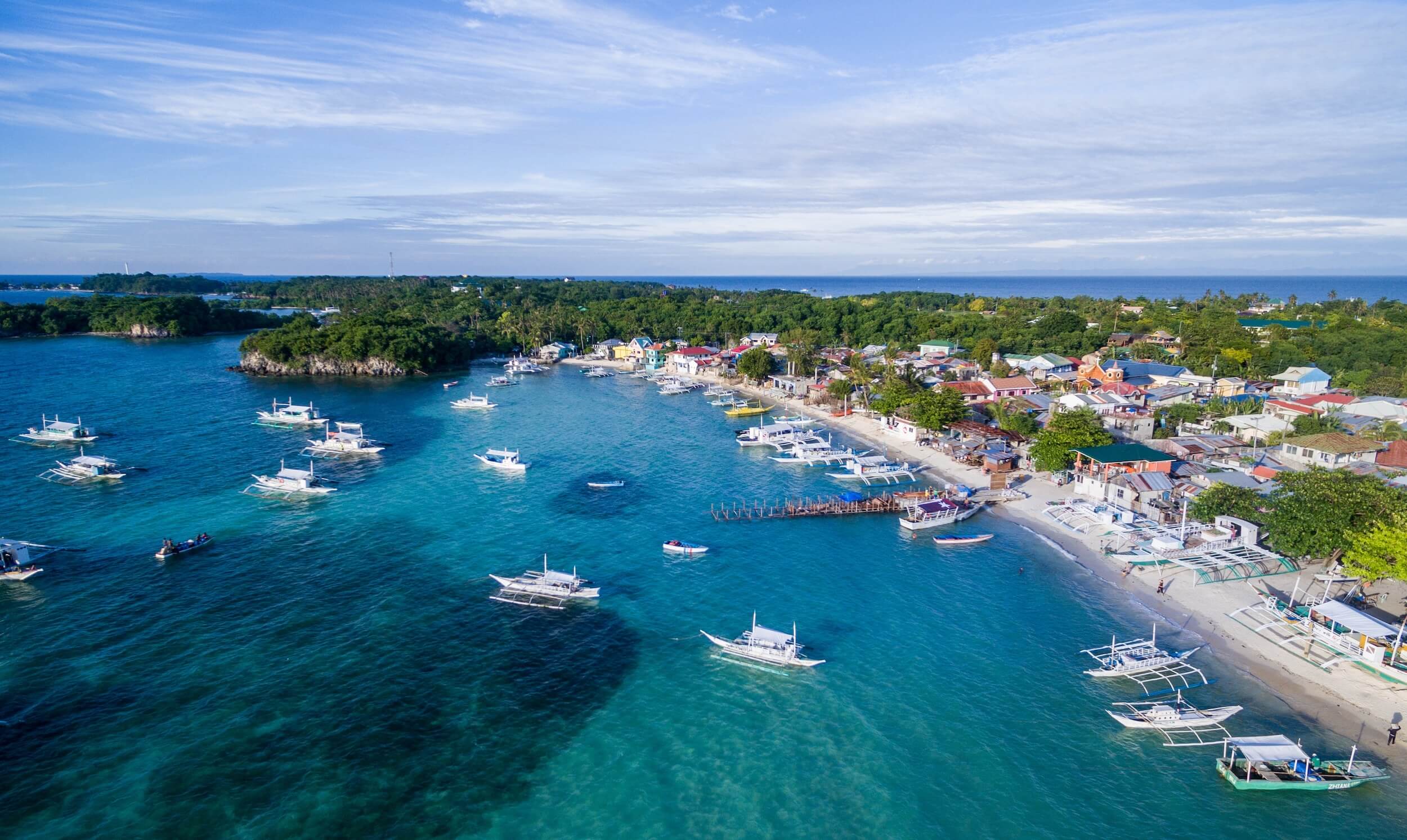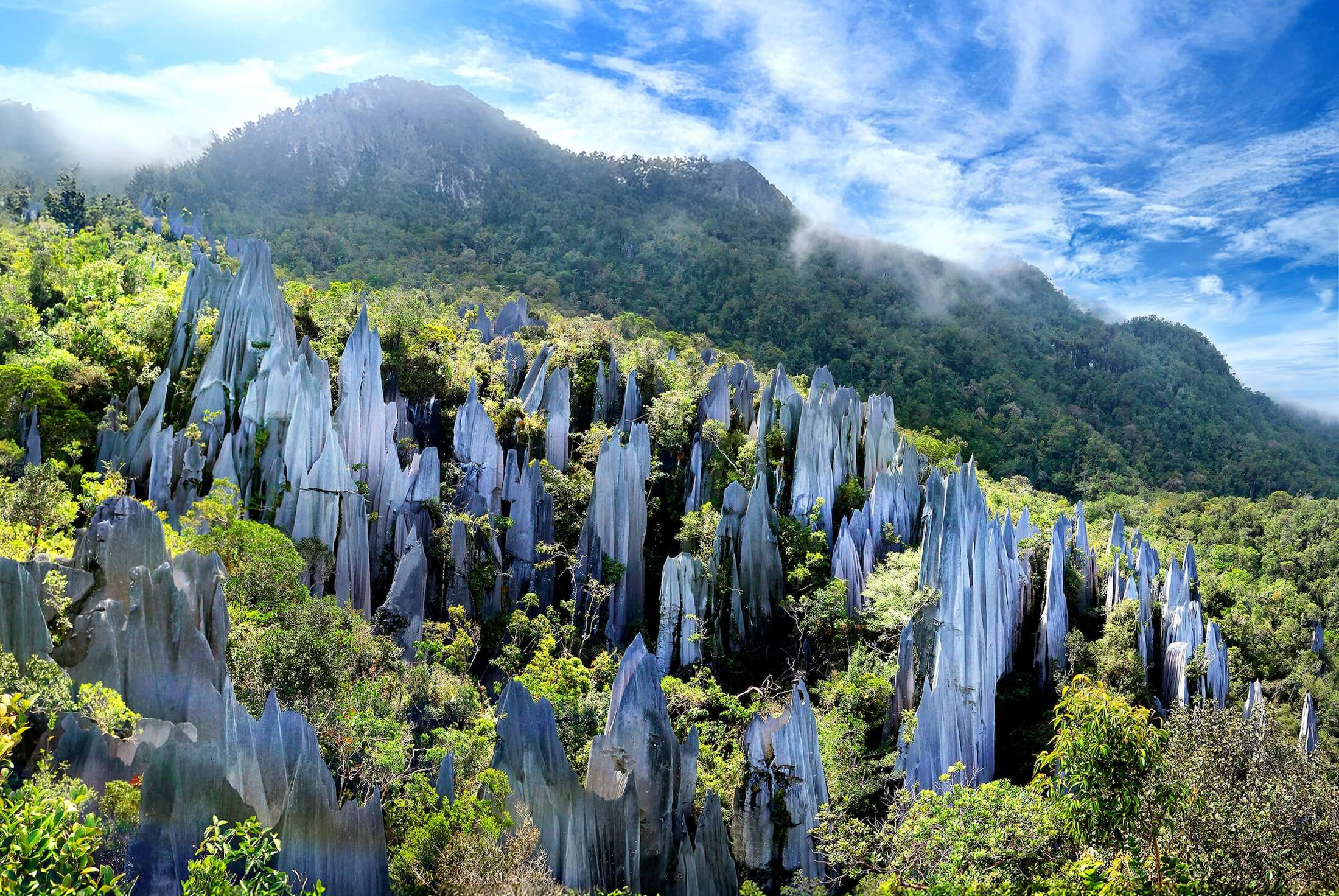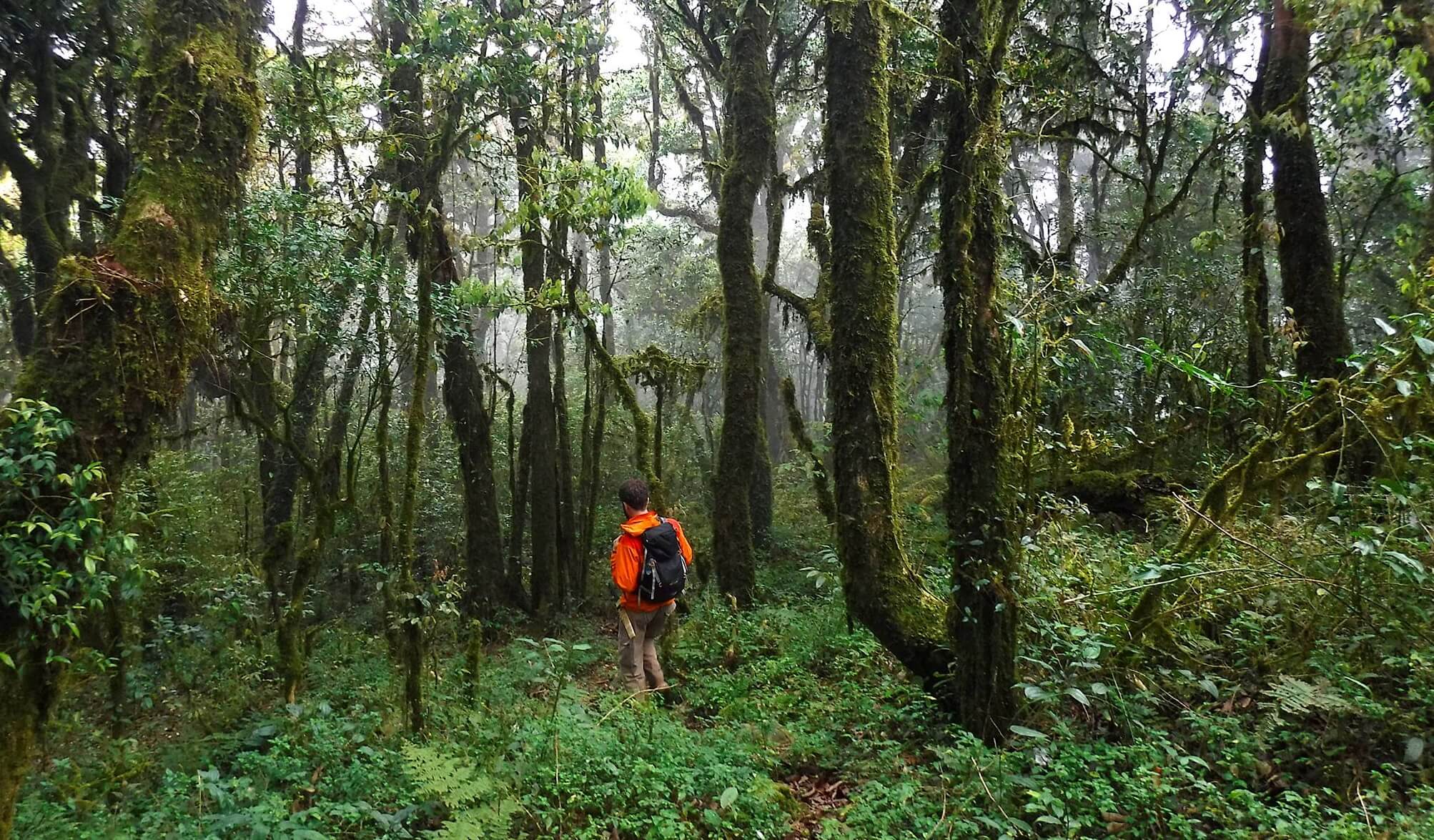



Climate change remains one of the most challenging environmental issues of our generation and is an ongoing threat to global security. Its adverse impacts are manifested across communities around the world including in the Southeast Asian region. Significant research has uncovered notable changes in climate variables and climate related hazards in the region, including intensified extreme weather events.
Aiming to put this climate crisis to an end, world leaders gathered at the 26th Session of the Conference of the Parties to the United Nations Framework Convention on Climate Change (UNFCCC COP26) from 31 October to 12 November 2021 in Glasgow, the United Kingdom. The UNFCCC COPs have served as a pivotal platform for countries to deliberate about transformational changes in global climate policy and action. Last year, the UNFCCC COP26 discussed various climate change aspects under ongoing negotiation, such as matters related to climate finance, adaptation, loss and damage, climate technology, and gender. ASEAN Member States certainly did not miss this pivotal momentum.
Even prior to the COP26, ASEAN has been contributing to the advancement of global climate action through UNFCCC processes and carrying out its own climate initiatives as part of ASEAN Community Vision 2025. All ASEAN Member States have committed to substantially reducing greenhouse gas (GHG) emissions in the coming years as reflected in the official submission of their nationally determined contributions (NDCs) to the UNFCCC. In the energy sector, for example, ASEAN continues to balance the interrelated goals of achieving energy security, accessibility, affordability, and sustainability. As a result, ASEAN is halfway to reaching the 2025 aspirational energy renewables target, and is making its way to achieving 32 per cent of its energy intensity reduction targets.
|
Country |
Mitigation type |
Mitigation target |
Reference point |
Target year |
|
Brunei Darussalam |
Relative emission reduction |
20% |
BAU |
2030 |
|
Cambodia |
Relative emission reduction |
41.7% with FOLU |
BAU |
2030 |
|
Indonesia |
Relative emission reduction |
29% unconditional, 41% conditional |
BAU |
2030 |
|
Lao PDR |
Relative emission reduction |
40% unconditional and 50% conditional (50% is based on the NDC’s information on BAU emission in 2020 and 2030 and reduced emissions during 2020-2030) |
BAU |
2030 |
|
Malaysia |
Carbon intensity reduction |
35% unconditional plus 10% conditional |
2005 |
2030 |
|
Myanmar |
Relative emission reduction |
To be updated |
BAU |
2030 |
|
The Philippines |
Relative emission reduction |
2.71% unconditional, 75% conditional |
BAU (during 2020- 2030) |
2020-2030 |
|
Singapore |
Absolute emission peaking |
Peak emissions at no higher than 65 MtCO2eq around 2030 |
– |
2030 |
|
Thailand |
Relative emission reduction |
20% unconditional, 25% conditional |
BAU |
2030 |
|
Viet Nam |
Relative emission reduction |
9% unconditional, 27% conditional |
BAU |
2030 |
ASEAN Climate Mitigation Pledges in NDCs
Source: ASEAN State of Climate Change Report (2021)
In line with the Paris Agreement that encourages all Parties to formulate and communicate long-term low GHG emission development strategies, ASEAN has been paving the way to build preparedness and capacity towards this long-term vision. The ASEAN State of Climate Change Report was recently launched to provide an overall outlook on the state of play of climate change in Southeast Asia and identify priority actions by 2030. Adding to that, the Scoping Study on Strengthening Science and Policy Interface in Climate Change related Decision-Making Process: Laying the Groundwork for the Development of Long-term Strategies in ASEAN was conducted to identify priorities, direction and the extent of ASEAN interventions related to these long-term strategies and lay out the specific stepping stones to advance this regional agenda.
Further, as part of Brunei Darussalam’s ASEAN Chairmanship initiatives in 2021, under the theme “We Care, We Prepare, We Prosper,” ASEAN reiterated its commitment to advancing science and policy interface and empowering the youth. The ASEAN Centre for Climate Change is envisioned to act as a regional centre for excellence and a think-tank in generating analyses and insights which can lead to innovative solutions and policy recommendations to ASEAN’s climate challenges. The ASEAN Youth Climate Action Initiative (ASEANyouCAN) is intended to serve as a platform for the youth in the ASEAN Member States to share ideas and contribute to regional policy dialogue on climate strategies for ASEAN. Under the latter initiative, the ASEAN youth issued the Bandar Seri Begawan Declaration on ASEAN Youth for Climate Action, calling for collaborative and integrative approaches in combating climate change with the meaningful involvement of young people and other relevant stakeholders. A youth representative from ASEANYouCAN also participated in an interactive webinar hosted by the ASEAN Secretariat to commemorate the ASEAN Youth in Climate Action and Disaster Resilience Day on 25 November 2021, under the theme “Teaming Up with You(th) for a Disaster Resilient and Climate-friendly ASEAN.”
Also in line with the UNFCCC COP26, ASEAN collaborated with the United Kingdom, as the COP26 President, to undertake a series of regional activities to mobilise support for the climate agenda. Throughout 2020 and 2021, ASEAN and the UK organised dialogues with various stakeholders on key thematic issues of climate change, notably on private sector engagement, nature-based solutions, and long-term strategies.
To showcase ASEAN’s presence at COP26 and reiterate its commitment towards global climate action, ASEAN collectively voiced its commitment and aspirations at the COP26, delivering the ASEAN Joint Statement on Climate Change to the UNFCCC COP26 before an assembly of world leaders. The Statement calls for strengthened cooperation and partnership to achieve these climate ambitions, including through the enhancement of national NDCs, advancement of adaptation measures, nature-based solutions, and gender-responsive climate actions.
ASEAN also organised and participated in various COP26 side events. Organised under the leadership of Indonesia, a regional side event focusing on ASEAN NDC Partnership: Showcasing Regional Ambition Through Updated NDC was held at the Indonesian Pavilion, where countries shared experiences and lessons learnt on the NDC updating processes. An ASEAN event to showcase the Importance of ASEAN Peatlands in Contributing to Global Climate Change Mitigation was also successfully organised at the ASEAN Peatland Pavilion. Additionally, the ASEAN Secretariat was involved in several side events coordinated by relevant dialogue and development partners, such as the ASEAN Green Recovery Platform events of the Asian Development Bank (ADB) and the Zero Carbon Partnerships between Japan and Asia for a New Age initiated by the Government of Japan. At these events, ASEAN re-emphasised its commitment to ramping up regional climate actions, as indicated in the inaugural ASEAN State of Climate Change Report.
Despite the dual challenges of climate change and COVID-19 pandemic, the UNFCCC COP26 managed to provide some grounds for optimism towards enhanced international cooperation to create a more sustainable and prosperous world. The participants adopted the Glasgow Climate Pact, among other key decisions, which aims to assist countries in addressing climate change and promoting regional and international cooperation to strengthen climate action in the context of sustainable development. The Pact stresses the urgency of enhancing ambition and action in relation to mitigation adaptation and finance, which particularly aligns with the current ASEAN’s climate action priorities stated in the ASEAN Joint Statements on Climate Change and outlined in the ASEAN Working Group on Climate Change (AWGCC) Action Plan.
Following the adoption of the Glasgow Climate Pact, ASEAN will continue to steadfastly support ASEAN Member States to identify and bridge both current and emerging capacity-building gaps towards a more ambitious climate mitigation and adaptation action. It will also be a catalyst for climate solutions by facilitating climate financing and technologies transfer, to name a few. ASEAN is also keen to explore and strengthen partnerships with developed countries, funding agencies, technical organisations, and civil society on minimising climate-related losses and damages as well as promoting climate resilience. Cross-sectoral cooperation with the private sector, educational institutions, and the youth, is also continuously prioritised by ASEAN to effectively reflect and integrate climate change issues into national and regional climate policies and actions. Moving forward post-COP26, ASEAN will continue to fight against climate change collaboratively with partners and the international community toward COP27 and beyond.








